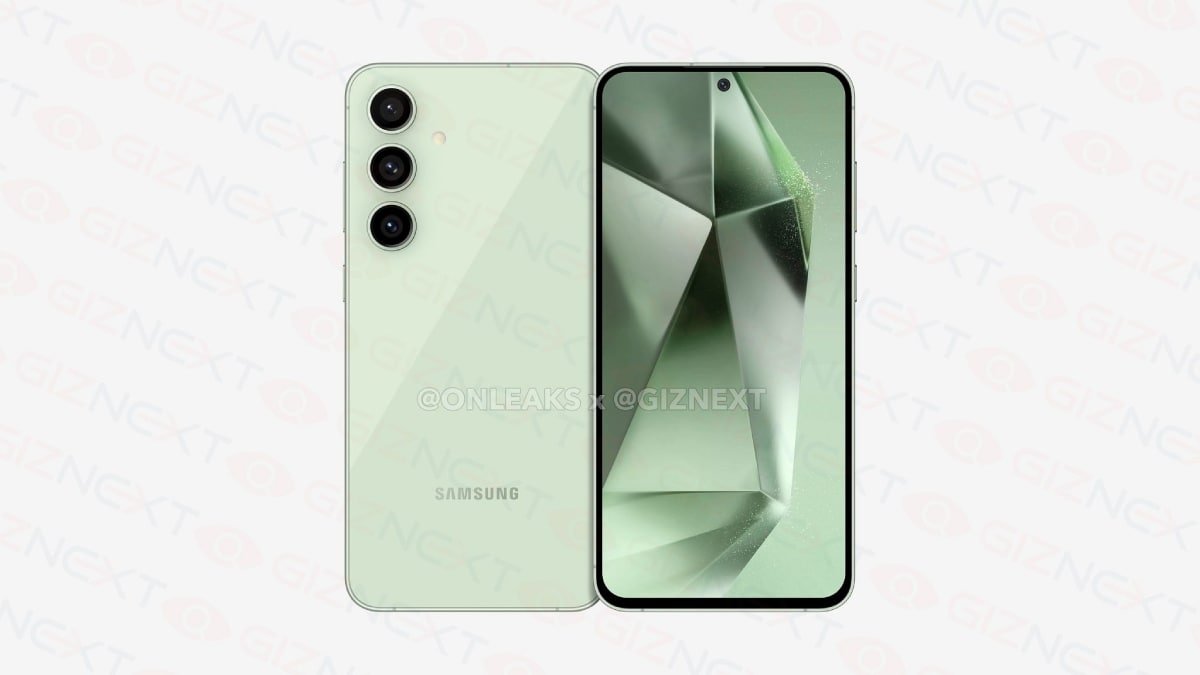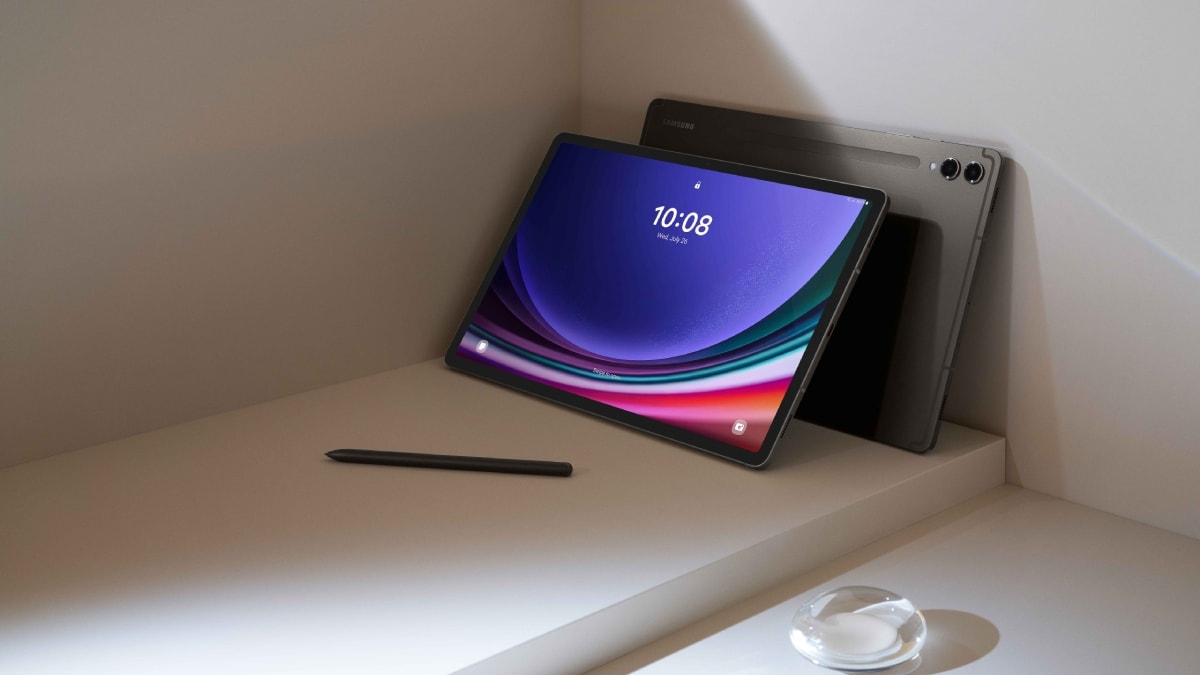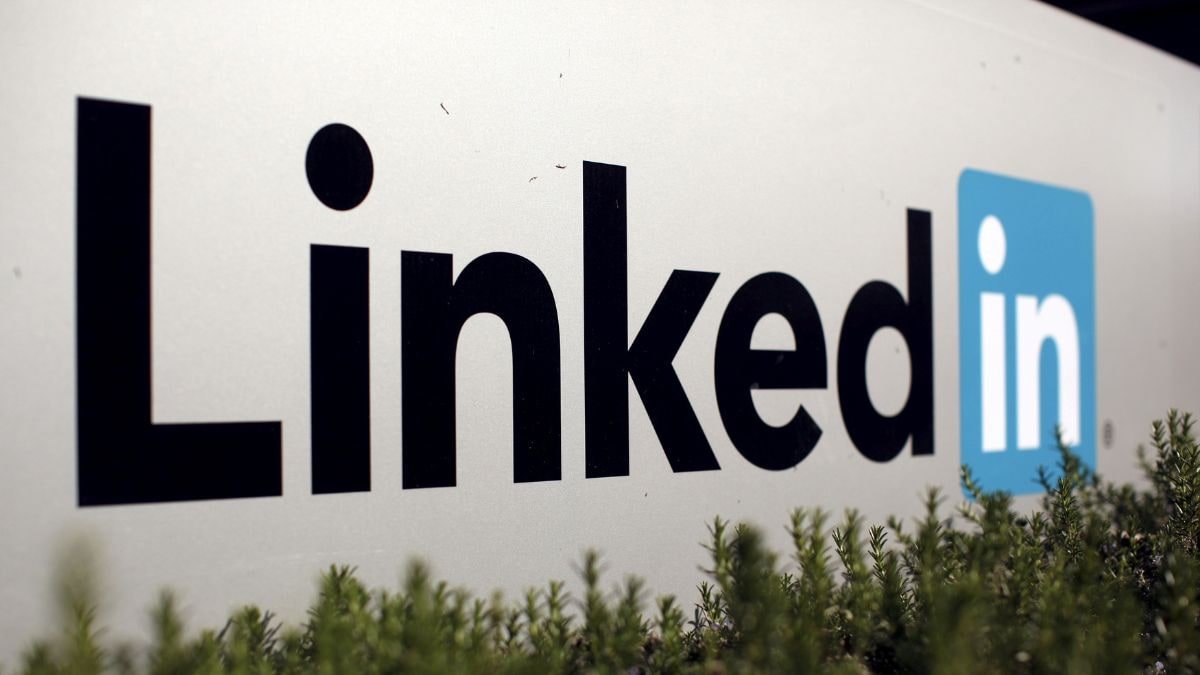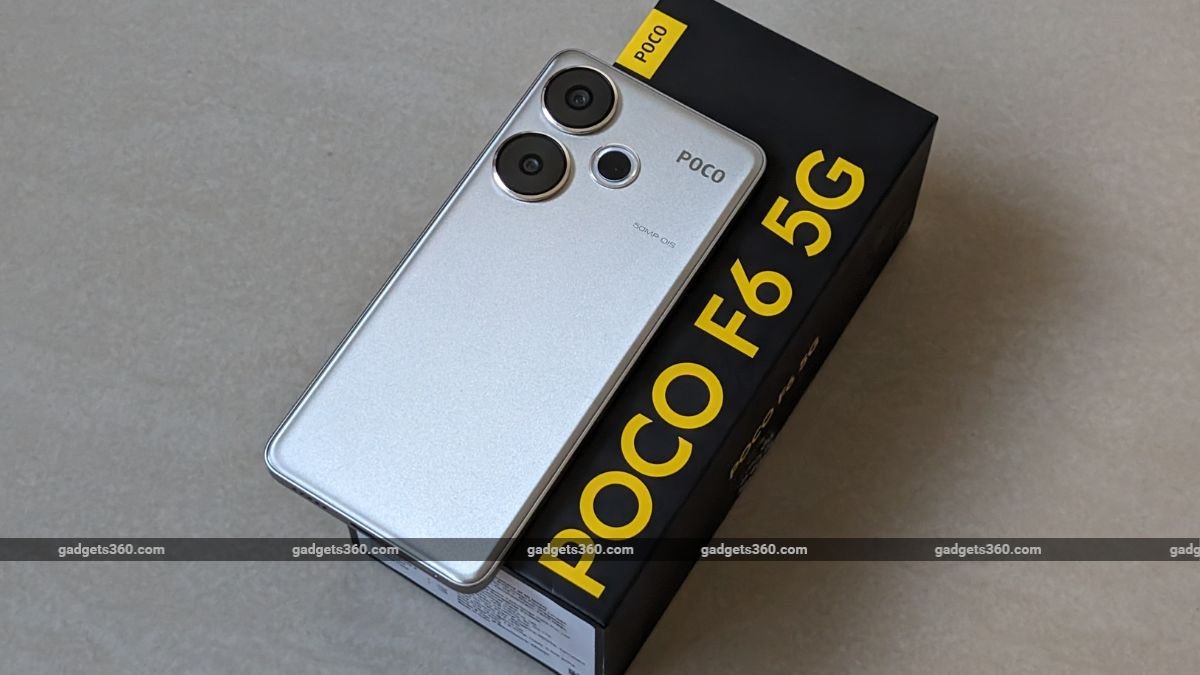
The US Food and Drug Administration has allowed billionaire Elon Musk’s Neuralink to implant its brain chip in a second person after the company offered fixes to a problem that occurred in the first patient, the Wall Street Journal reported on Monday.
Reuters reported last week, citing people familiar with the matter, that the issue disclosed by Neuralink where tiny wires inside the brain of its first patient had pulled out of position is an issue the Elon Musk company has known about for years.
The company intends to fix the problem by embedding some of the device’s wires deeper into the brain, the WSJ report said citing a person familiar with the company and a document it had viewed.
Neuralink and the FDA did not immediately respond to a Reuters request for comment.
Neuralink implanted a wireless brain chip in a human for the first time earlier this year. The big development was revealed by Musk on January 29 via a series of posts on X (formerly known as Twitter).
Neuralink has been working on creating implantable brain-computer interfaces (BCIs). Last year in May, the company received approval from the US Food and Drug Administration (FDA) to conduct human trials. In September 2023, the neurotechnology firm began its human trial recruitment.
In February, Musk revealed that the first human patient implanted with a brain-chip from Neuralink appeared to have fully recovered and was able to control a computer mouse using their thoughts.
In March, Neuralink livestreamed on Wednesday its first patient implanted with a chip using his mind to play online chess. Noland Arbaugh, the 29-year-old patient who was paralyzed below the shoulder after a diving accident, played chess on his laptop and moved the cursor using the Neuralink device. The implant seeks to enable people to control a computer cursor or keyboard using only their thoughts.
In the past, the company has conducted extensive tests on animals and has claimed a high success rate. While performing a successful brain chip implant is a major milestone, the success of the product will be determined by its long-term performance and lack of side effects.
© Thomson Reuters 2024




